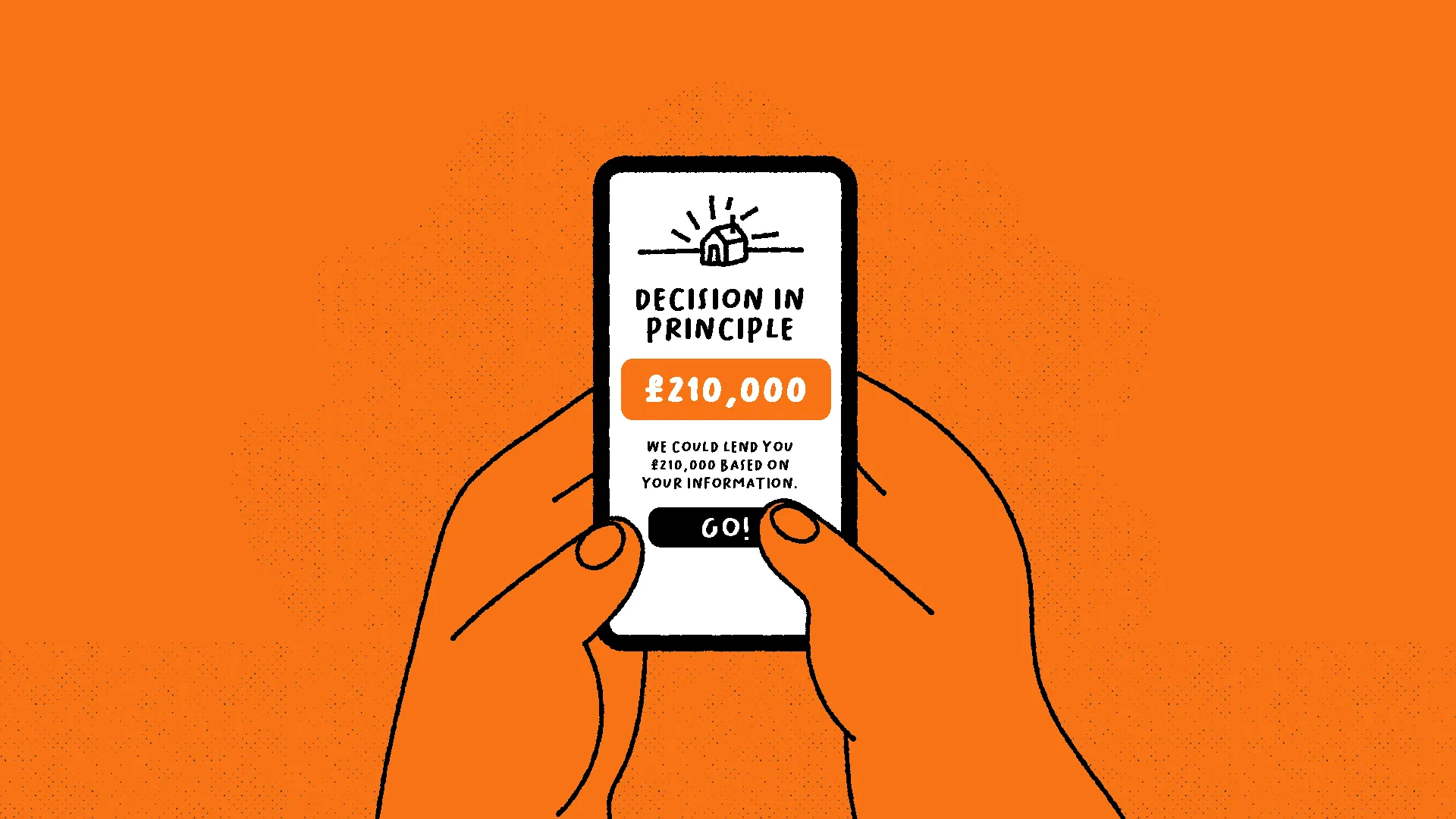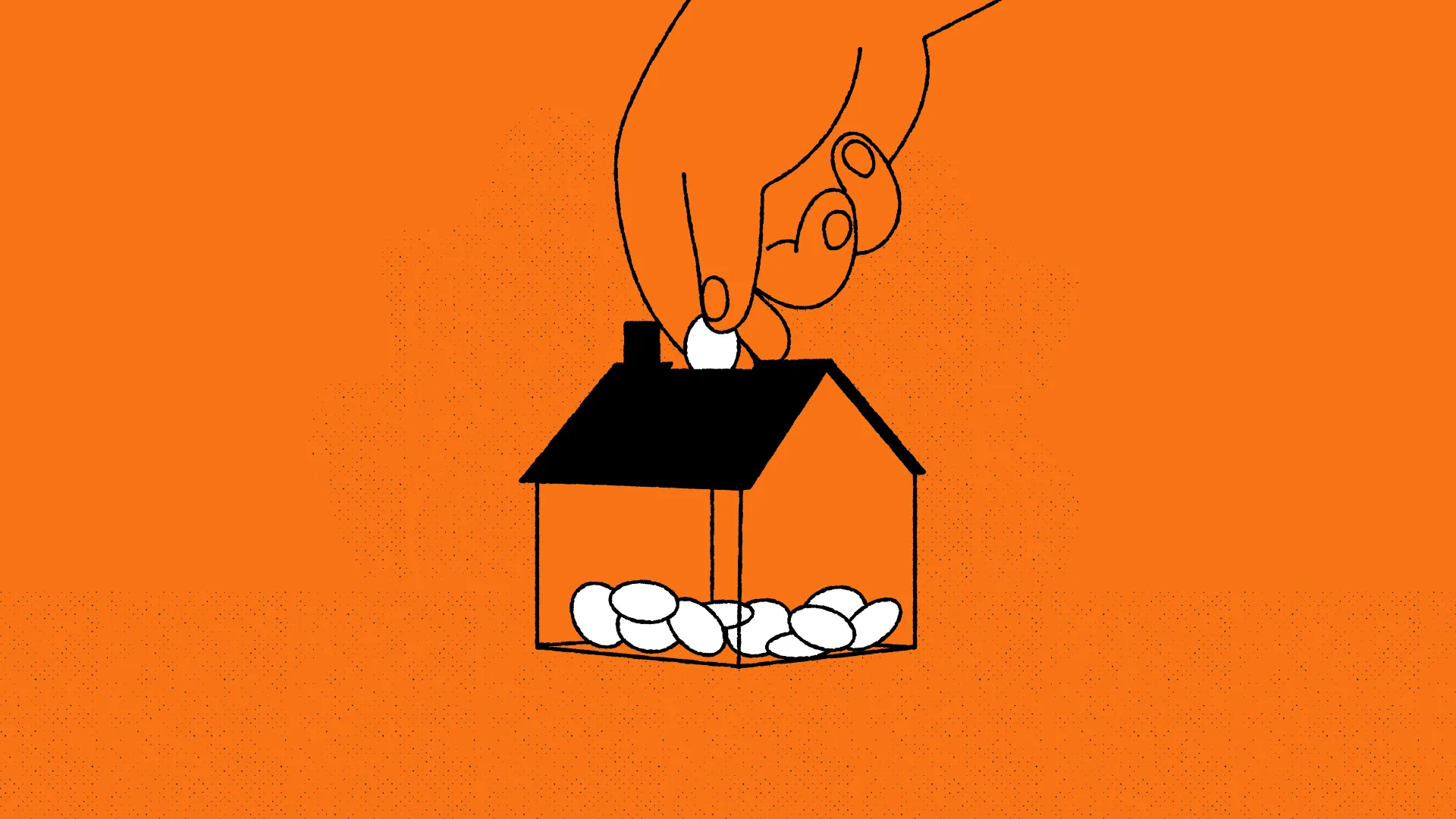Mortgage Income Multiples Explained
Find out why lenders use the mortgage salary multiplier calculation to work out how much you can borrow.
Your home may be repossessed if you do not keep up repayments on your mortgage.
Exclusive broker partner to

Author: Michael Whitehead Head of Content
5 mins
Updated: Nov 17 2025
Author: Michael Whitehead Head of Content
5 mins
Updated: Nov 17 2025
Please be aware that by following any external links you are leaving the Haysto website. Please note Haysto nor HL Partnership Limited are responsible for the accuracy of the information contained within external websites accessible from this page.
On this page
To calculate how much you can borrow for a mortgage, lenders use a multiple of your annual income—also known as the mortgage salary multiplier—as a starting point.
In this guide, we’ll explain how mortgage income multiples work, what income lenders allow you to include for this calculation, and how Haysto could help you reach the mortgage amount you need.
How do mortgage income multiples work?
A mortgage income multiple is a formula mortgage lenders use to calculate how much they’re willing to lend you based on your salary (or combined salary if you’re applying with a partner). The basic principle is that lenders will offer you a loan several times your annual income.
For example, if a lender uses a 4 times salary multiplier and you earn £40,000 per year, you could borrow up to £160,000 (4 times your salary). If you find a mortgage lender who uses a 5 times salary multiplier, you could borrow up to £200,000 (5 times your salary).
It’s important to bear in mind that this figure is only a starting point. It could change once a lender has conducted a more in-depth affordability test, taking other factors into account like your credit score, existing debts, and personal situation (employment status, age, etc.) to ensure you can comfortably afford the mortgage repayments for the full loan term.
Why do lenders use the mortgage salary multiplier?
Mortgage lenders use a multiple of your income as a way of assessing risk and to make sure you don’t over extend yourself financially. The idea is to prevent you from taking on more debt than you can afford to repay, reducing the risk of mortgage arrears or defaults.
What income multiples are used for mortgages?
Mortgage income multiples typically range from 4 to 5 times your salary, although some lenders may offer slightly higher or lower figures depending on various factors. A lender’s final decision on how much you can borrow will depend on several criteria, including:
Income. The different types of income you can include for a mortgage salary multiplier calculation vary from lender to lender. For example, some lenders are more willing to include 100% of any commission or bonuses you earn, increasing how much you can borrow for a mortgage.
Your credit score. Lenders may be willing to offer a higher income multiple if you have a stronger credit history.
Joint applicants. If you’re applying with your partner, you can combine your salary amounts for a higher mortgage. So, if one of you earns £30,000 per year and the other earns £40,000, the total figure a lender will use to calculate how much you can borrow will be £70,000.
Mortgage deposit. A larger deposit means a lower loan-to-value (LTV), which reduces the risk for a lender and gives you a better chance of getting the mortgage you need.
Affordability checks. Lenders will assess your debt-to-income ratio (DTI) to decide whether you can comfortably afford the monthly repayments, alongside your other financial commitments such as loans, credit cards, and child maintenance.
Property type. If you’re looking to buy a non-standard construction property, such as a barn conversion or a house with a thatched roof, some lenders could ask for a higher deposit and limit the amount you can borrow to offset any perceived risk.
As you can see, the income multiple calculation is just one piece of the jigsaw. It’s perfectly possible for two people earning the same salary to be offered different mortgage amounts based on their individual circumstances.
What income can you include for a mortgage?
This will vary from lender to lender, which makes choosing the right one for your circumstances all the more important, particularly if you have a more complex income.
Most lenders will consider various income sources when determining how much you can borrow for a mortgage. The most common types of income included are:
Salary. This is the most universally accepted income source and includes basic employment earnings.
Self-employed income. If you’re self-employed as a sole trader or partnership, lenders will typically use an average of the net profits from your business over the last two or three years. Limited company directors can use a combination of salary plus any dividends paid or retained profits.
Pension income. Most lenders will allow pension income to be included when calculating your mortgage eligibility if you’re retired or close to retirement.
Rental income. If you own any buy-to-let properties and receive rental income, these amounts can also be considered.
Government Benefits. Certain types of benefits, such as child tax credits or disability allowances, can be included as part of your income for mortgage purposes, though this varies by lender.
Investment income. Income from investments such as dividends or savings interest can also be included, but again, this depends on the lender.
Bonus and commission payments. Some lenders will include regular bonuses or incentive payments as part of your income, although they may apply different rules regarding the frequency and amount.
It’s important to note that not all income is treated equally. For example, irregular income, such as overtime or seasonal work, may not be fully considered by all lenders. Most mainstream lenders prefer to use regular, predictable income to ensure that you can afford the repayments over the long term.
Which mortgage lenders offer the highest mortgage income multiples?
Several specialist mortgage lenders, including Kensington Mortgages, Vida Homeloans, and Perenna Bank, will consider using a six-times-salary calculation to determine how much you can borrow for a mortgage.
There are even mortgage lenders available who don’t use income multiples and rely upon more robust affordability assessments to check your income and outgoings, credit history and personal situation (employment record, age, etc.) before deciding how much you can borrow.
How Haysto can help make your mortgage possible
Finding the right mortgage lenders who offer the highest income multiples suited to your specific requirements can be difficult, particularly as most specialist lenders are usually only available through a mortgage broker. This is where we can help!
We already have strong working relationships with several specialist lenders who are more open to accepting complex incomes and use higher income multiples when assessing how much you can borrow for a mortgage.
If you make an enquiry, one of our Mortgage Experts will contact you to discuss your situation and see how we could help you get the most competitive mortgage deal for the amount you need.
We Make Mortgages Possible
Our Mortgage Experts are fully qualified with experience in bad credit, self-employed and complex mortgages. They have a proven track record of getting mortgages for people who’ve been rejected elsewhere.
Get Started NowRelated Articles

How To Work Out Your Mortgage Repayments
Find out everything you need to know about how mortgage repayments work and what factors affect how much you pay.
Read guide

How To Get a Mortgage Decision In Principle
Find out how to get a decision in principle for your mortgage, why it's a good idea, how long it will last and what to do if it's declined.
Read guide

Mortgage Affordability: How Much Can You Borrow For a Mortgage?
Find out how much you can borrow for a mortgage with our guide to mortgage affordability.
Read guide
Information
Tools & Guides
Haysto, a trading style of Haysto Ltd, is an appointed representative of HL Partnership Limited, which is authorised and regulated by the Financial Conduct Authority.Registered Office: Haysto, Crystal House, 24 Cattle Market Street, Norwich, NR1 3DY. Registered in England and Wales No. 12527065
There may be a fee for mortgage advice. The exact amount depends upon your circumstances but will range from £599 to £1599 and this will be discussed and agreed with you at the earliest opportunity.
The guidance and/or information contained within this website is subject to the UK regulatory regime and is therefore targeted at consumers based in the UK.
Your home may be repossessed if you do not keep up repayments on your mortgage.







